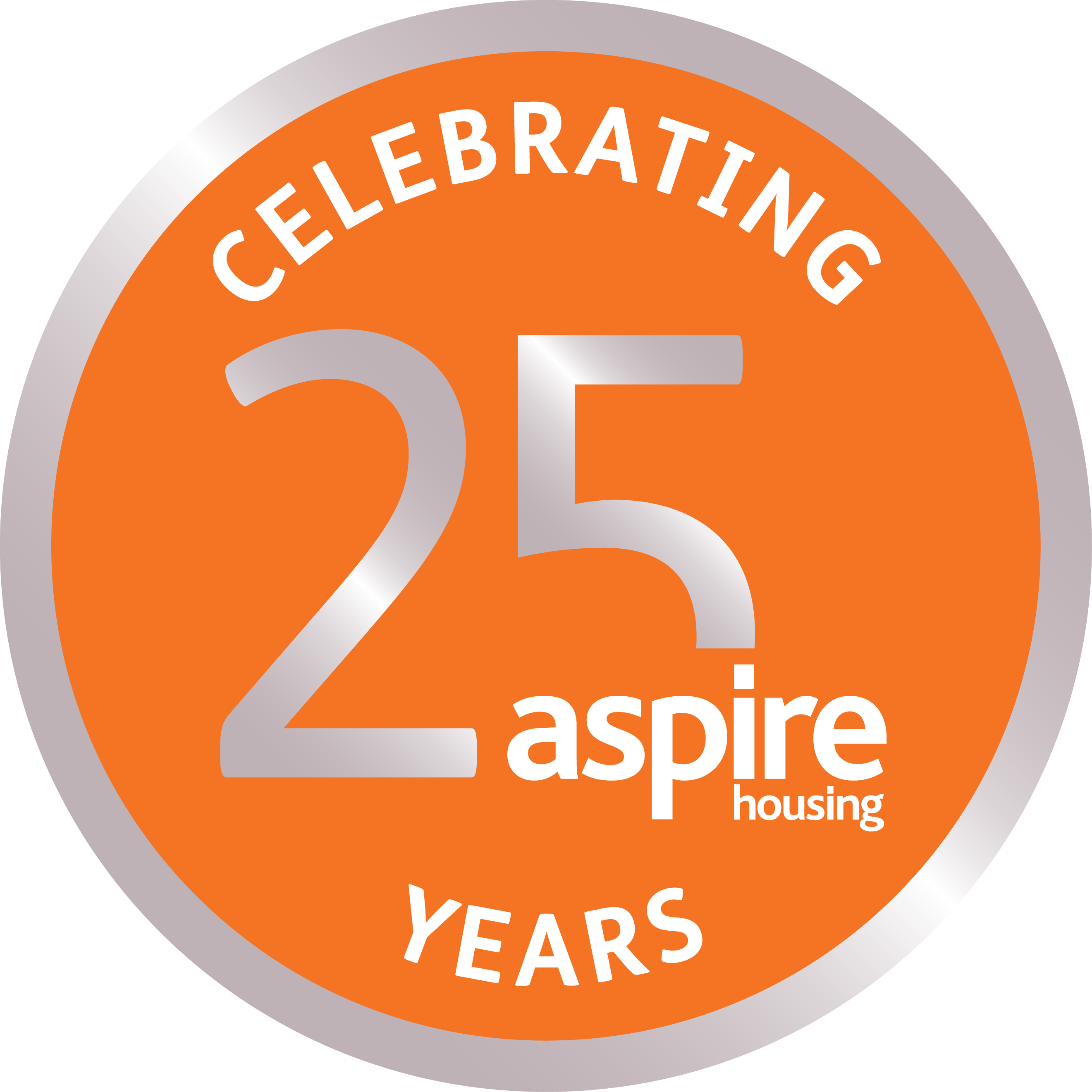
Addressing domestic abuse
Making sure you feel safe in your own home is our top priority. If you’re experiencing domestic abuse, or you’re worried about a friend, family member, or neighbour, we’re here to support you.
We’re also here to help if you’ve been abusive to others and want to take steps to change. Everyone deserves to feel safe, and we’re committed to helping build better futures for all.
Get help now
If you or someone you know is in immediate danger, phone the police on 999. If you’re not able to speak, press 55 at any time and you’ll be automatically transferred to the police.
Types of domestic abuse
- Stopping you from going out, taking your car keys away
- Not letting you meet up with friends
- Keeping tabs on where you’re going all the time
- Telling you what time you’ve got to be home.
- Keeping you away from your family and friends
- Stopping you from coming and going when you want to
- Cutting off any childcare or help you get from outside your home.
This can be any violent or threatening physical contact including:
- Hitting, kicking or punching
- Spitting
- Breaking bones or causing bruises
- Driving dangerously when you’re a passenger in the car
- Grabbing, burning and stabbing.
- Rape and any sexual acts you haven’t agreed to
- Taking away your birth control
- Forcing you into sex work
- Revenge porn (where private sexual pictures or videos are shared without your permission).
- Saying nasty things about your appearance
- Making you feel stupid and that your views and opinions don’t matter
- Gaslighting (someone always disagreeing with you or refusing to listen to your point of view to make you unsure about your own ideas and thoughts).
- Name calling
- Speaking in a threatening way
- Using language that’s threatening, humiliating, intimidating and frightening.
- Not letting you use your bank account
- Hiding your purse or wallet
- Stopping you from working and earning your own money
- Spending your money without permission
- Borrowing money in your name without permission
- Checking your bank statements all the time to see where you’ve been and what you’ve been buying.
- Following you to your work, your home or when you’re out and about
- Waiting outside your home
- Regularly sending you unwanted texts, voicemails, emails or letters.
- Stopping you from taking part in your religion, spiritual or cultural activities
- Cutting you off from your cultural community
- Criticising your cultural beliefs and practices
- Honour-based violence
- Forced marriage
- Female genital mutilation
- Demanding to know your passwords and watching everything you’re doing on social media
- Putting tracking devices on your phone
Pregnancy can be a trigger for domestic abuse, or can make existing abuse worse, putting you and your baby at risk.
- Speak to your GP, midwife or other health care professionals
- Get in touch with the specialist organisations who can offer you help and support
Source: Office for National Statistics
people experienced domestic abuse in England and Wales in the year ending March 2022
aged 16-59 will experience domestic abuse in their lifetime
of all reported violent crime is domestic abuse
How we can help
Behind every statistic is a person who needs support - and that’s why we’re here.
We’re dedicated to working with you to help you stay in your home and feel safe. But the most important thing is that you decide what’s right for you. We’ll never push you into anything you’re not comfortable with. Instead, we’re here to offer guidance, support, and options—because you’re in control.
There are many ways we can help, including:
- Connecting you with the right people - experts who specialise in supporting victims of domestic abuse and can provide tailored advice.
- Taking enforcement action where it’s needed.
- Creating personalised safety plans to help you feel secure.
- Partnering with local councils, charities, and voluntary organisations to ensure you get the help and resources you need.
Whatever your situation, we’re here to listen, support, and work together to build a safer future.

You're not alone
You don’t have to suffer in silence or face things on your own. There’s a wealth of support and advice available from organisations that specialise in helping people experiencing domestic abuse. Whether you need someone to listen, guidance on your options, or practical support, there are people ready to help. Remember, we’re here too - ready to connect you with the right support and work together to help you feel safe and secure.
Other help and support services
We can also help if you're someone who's been abusive to others and want help to change
If you’ve been abusive to others and want to make a change, we’re here to let you know that support is available.
You can talk to someone without fear of judgement by calling the Respect Phoneline on 0808 802 4040. Their team specialises in helping people who want to address their behaviour and take positive steps forward.
There are also support and training programmes designed to help you manage and change your behaviour. To learn more about what’s available in your area, you can call the Respect Phoneline or email them at info@respectphoneline.org.uk.
Change is possible, and taking the first step is a sign of strength.
Request information under Clare's Law
Under Clare's Law you can: apply for information about your current or ex-partner because you're worried they may have a history of abuse and are a risk to you request information about the current or ex-partner of a friend or relative because you're worried they might be at risk

